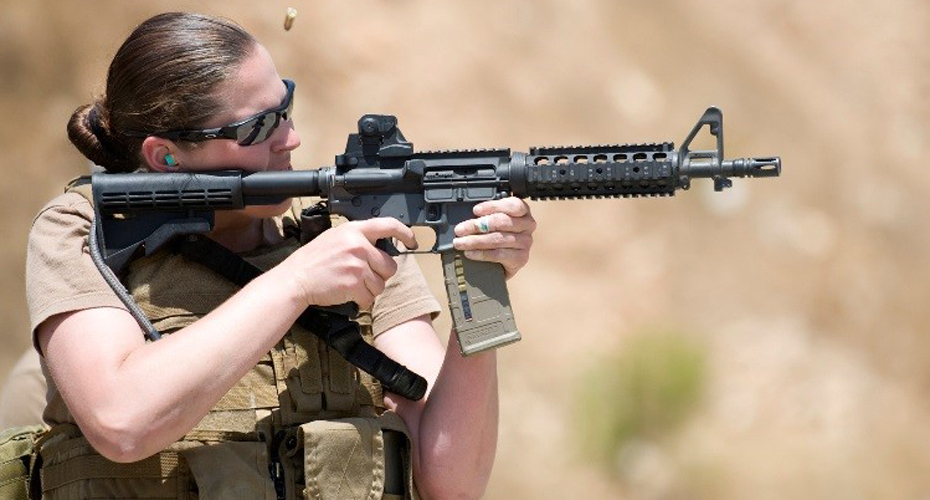Adaptive virtual-reality: a method for personalising training interventions
As part of an ongoing collaboration with local tech company Cineon Training, we are currently developing new ways to personalise training in virtual reality.
A persistent problem across education is that trainees experience generic content that is not well matched to their individual needs, leading to inefficient use of training time and learner disengagement.
.jpg)
How adaptive VR can improve training
Data-driven automation using intelligent self-adaptive systems can tailor learning materials without costly and time-consuming human supervision. Elements of a simulation can be modified to provide personalised training in response to biofeedback from psychophysiology – a method known as ‘adaptive VR’.
This project makes use of our previous work that has used eye-tracking to index learning and performance as well as states like anxiety and flow. By using established measures of states like anxiety and flow, we aim to develop VR simulations that monitor the ongoing state of the user and continually adapt to maximise learning.
MRI scanning simulation
We are currently developing this method in two projects. Firstly, a project funded by Plymouth NHS Trust is developing an MRI scanning simulation that reacts to the anxiety level of the user. In the UK as many as 70,000 MRI scanning appointments per year are missed due to anxiety or claustrophobia. If patients can experience graded exposure that is tailored to their ongoing stress response (through adaptive VR) they can learn to cope with MRI scanning anxiety.
Watch the virtual MRI scan experience in this video by Cinneon Training.
Enhanced defence training
Secondly, work funded by the Ministry of Defence (Human and Social Science Research Capability) aims to develop adaptive simulations that train optimal eye movement patterns to help Defence and Security personnel learn weapons handling skills more quickly, and at a lower training cost. This work will employ principles from previous research on eye movements in aiming tasks to accelerate the acquisition of expert-like gaze control.
